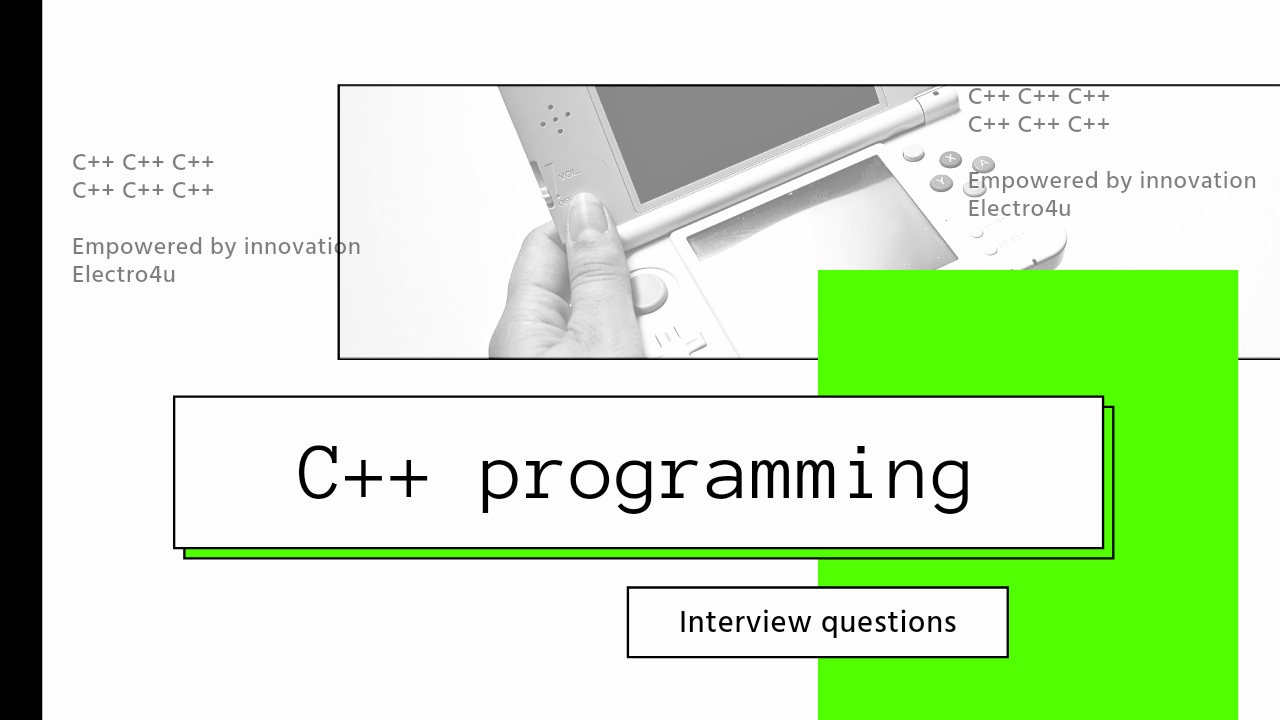
Types of Polymorphism are there in c++?
Understanding Polymorphism in C++
Introduction:
Polymorphism is a fundamental concept in object-oriented programming (OOP) that allows objects to be treated as instances of their base class, even when they are actually instances of derived classes. In C++, there are two main types of polymorphism that developers utilize to create more flexible and efficient code.
Compile-time Polymorphism:
- Compile-time polymorphism, also known as static polymorphism, is resolved during the compile-time. It is achieved through function overloading and operator overloading.
1. Function Overloading:
- Function overloading allows multiple functions with the same name but different parameters to exist in the same scope. The appropriate function to be called is determined based on the number or type of arguments passed.
2. Operator Overloading:
Operator overloading enables custom definitions of operators (like +, -, *, /) for user-defined data types. This allows objects of a class to behave like built-in data types.
Run-time Polymorphism:
- Run-time polymorphism, also known as dynamic polymorphism, is resolved during runtime. It is achieved through virtual functions and abstract classes.
1. Virtual Functions:
- A virtual function is a member function in the base class that is declared using the keyword "virtual". It allows the function in a derived class to override the function in the base class.
2. Abstract Classes:
An abstract class is a class that contains at least one pure virtual function. It cannot be instantiated and serves as a blueprint for derived classes.
How many Types of Polymorphism are there in c++?
- 3
- 2
- 1
- 4
- Compile-time Polymorphism
- Run-time Polymorphism:
Conclusion
Understanding and effectively implementing polymorphism in C++ can lead to more maintainable and extensible code. By utilizing compile-time and run-time polymorphism, developers can create versatile programs that can adapt to different scenarios and requirements. Remember that choosing the appropriate type of polymorphism depends on the specific needs of your project.
Further Reading:
For further information and examples, Please visit[ course in production]
Note: If you encounter any issues or specific errors when running this program, please let me know and I'll be happy to help debug them!

